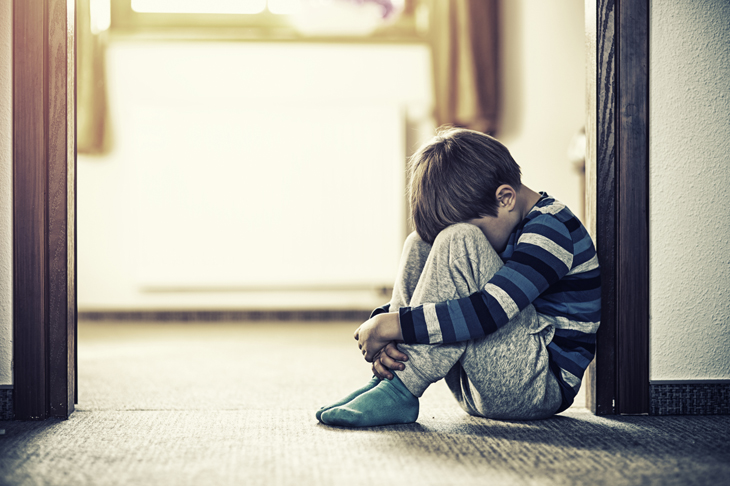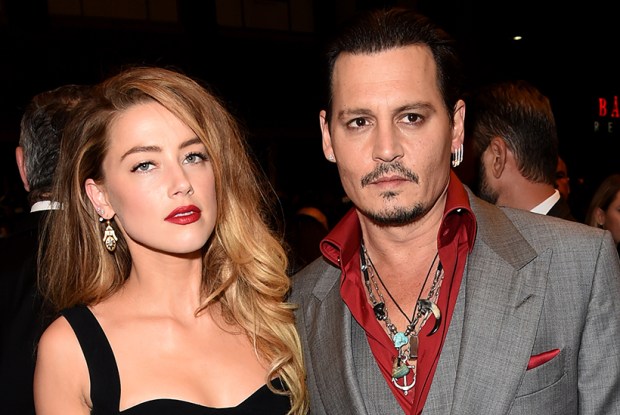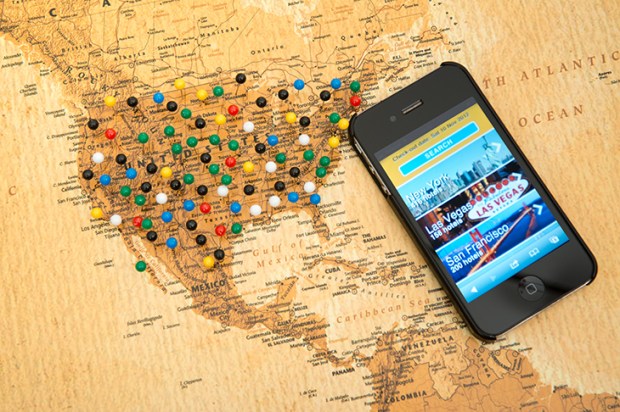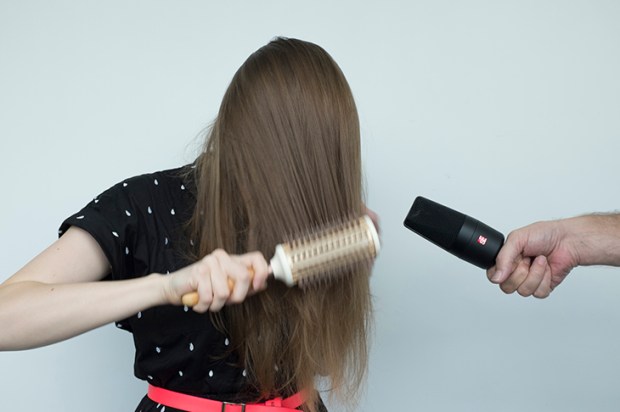Abusing children is one of the most terrible things men do. We all agree about that. And I think we’re all aware, as Sajid Javid announced on Monday, that it’s a growing problem. The same technology that allows millions to share videos of romping kittens has created an awful, expanding market for images of children — mostly very young girls.
There has been a 700 per cent rise in reports of child abuse images since 2012, said Javid: an average of 400 arrests a month. Police think that there are now 80,000 people in the UK who pose a serious threat to kids. Javid is shocked by the scale of it, he says, but what has surprised me over the past few years is how little people really seem to care.
Consider Facebook. A fair percentage of the images paedophiles pass around are stolen from Facebook photo albums. Facebook’s sister sites Instagram and WhatsApp serve as hunting grounds for child molesters. But when did you last see a Facebook friend insisting that Facebook or government confront the rising tide of child abuse? Migrants? Yes. Maltreated horses? Yes. Plastic straws? Absolutely. I’ve lost count of the number of tearful petitions I’ve been asked to sign about straws. Zip about the kids.
It’s not as if nothing can be done. AI creeps forward year by year. It surely wouldn’t take much for the Silicon Valley whizz-kids to outwit the world’s paedos. Facebook prevaricates, insists it’s just a humble platform and it can’t help who uses it. But then, both Facebook and Google insisted there was nothing they could do to prevent Isis recruiters from posting video nasties. Earlier this year, a brilliant British company, ASI Data Science, worked with Amber Rudd’s Home Office to develop an AI program that can detect Islamic State propaganda online with a 94 per cent success rate. ASI’s program analyses the audio and images of a video file during the uploading process, and rejects the jihadi posts.
If Sajid Javid really does plan to take on the whole unbearable problem, if Monday’s speech was a beginning and not an end, he should employ ASI to invent a similar program for paedo images. I’d start a Facebook campaign — if anyone would share it.
I don’t think they would. But why? Until relatively recently, my working theory was that people kept quiet about child abuse for fear of racism. Some of the most recent and most widespread abuse in the UK has been committed by Pakistani men targeting young white girls. Rotherham, Rochdale, Oxford, Telford.
The Quilliam think-tank claims that 84 per cent of people convicted of child grooming offences since 2005 have been Asian. If there are no protests or petitions signed by the marching classes, perhaps it’s because they’re worried about Islamophobia.
But then why no outcry about the Potts family? That was a whole backwoods white trash nightmare set in the West Midlands. Not an Asian grooming gang in sight. Six members of the Potts family (women and men) abused very young children for three decades. The first victims tried to alert the police back in 1989. In 2015 three more victims tried and failed to tell the cops. The last disgusting Potts was convicted and put away just last week, but there was not a peep on social media. No demands for transparency or enquiries into why on earth the police ignored the victims for so long.
Is child abuse just too widespread, too sad and too sick to think about? That might be part of it. Last year Chief Constable Simon Bailey said that there were so many men looking at child porn that the police shouldn’t even consider trying to catch them all. Let’s focus on the psychos who actually harm kids, he said. Leave the voyeurs be. Needs must, but ‘you can look but don’t touch’ seems a very weird message for law enforcement to send. On my way to work in wet weather, I sometimes see police horses draped in high-vis blankets printed with the words: ‘Online child protection unit’. It sums up the futility of it all.
There is a less noble explanation for the failure of the influential middle classes to give a monkey’s about the world’s most distressing and genuinely evil crime. I think they — we — don’t want to be tainted by association with it. Share a story about unhappy dolphins, and your friends assume you’re an animal lover. Share a story about children suffering at the hands of a paedo network, and a little cloud of suspicion inevitably unfolds around you,
There’s a brilliant charity called Stop It Now!, a helpline that offers support to men who feel sexually drawn to underage girls and boys. It enables men with paedophile inclinations to live without ever offending.
If what its users claim is right, it genuinely saves children. Stop It Now! is overrun with calls. It needs cash and volunteers. But would I do a sponsored run for it? Would I jolly about at work explaining the charity’s business and asking colleagues to stump up?
Maybe I’ll give it a go. A 5K for the sad souls encumbered with this blight but big enough to realise it’s wrong, which is quite an achievement in itself.
One of the problems with paedophilia, and why it’s so prevalent, is that abusers persuade themselves that they’re somehow OK; that the kids ask for it and that they (the adults) are somehow the real victims here. In 2008, The Spectator ran a story about an academic, Professor Roger Took, a paedophile who had been protected by his well-connected friends.
Took had been convicted of horrible crimes but he wrote to us repeatedly after the story ran, absolutely sure that he, not any child, was the victim here. His clever mind simply set itself to work concocting clever reasons for why he wasn’t to blame.
As Sajid Javid pointed out, perpetrators come from all walks of life. They’re in Chelsea and Westminster just as much as in the Pottses’ world. After all, Europe, which imagines itself so civilised, is now the world’s child abuse centre — we produce more than half of all the awful images out there. We think it’s not our problem, but it is.
Got something to add? Join the discussion and comment below.
Get 10 issues for just $10
Subscribe to The Spectator Australia today for the next 10 magazine issues, plus full online access, for just $10.
You might disagree with half of it, but you’ll enjoy reading all of it. Try your first month for free, then just $2 a week for the remainder of your first year.















Comments
Don't miss out
Join the conversation with other Spectator Australia readers. Subscribe to leave a comment.
SUBSCRIBEAlready a subscriber? Log in